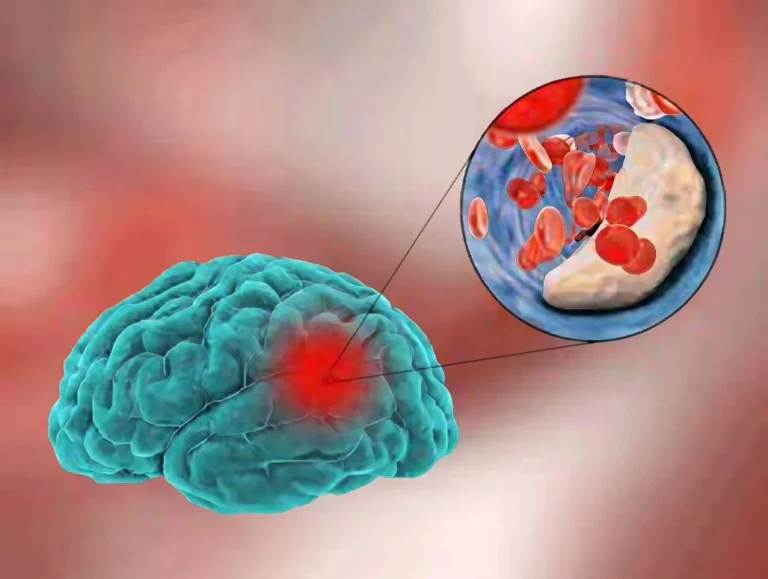
A McKesson business dedicated to leveraging oncology real-world evidence (RWE), clinical education, and provider technology to transform the fight against cancer, presented new data at the American Society of Clinical Oncology (ASCO) Annual Meeting which showed that 74 percent of patients with triple-negative breast cancer (TNBC) treated in a U.S community oncology network received genetic testing. However, significantly lower testing rates were observed for patients who were Black, had lower socioeconomic status, and resided in Southern or Midwestern geographic regions.
In terms of treatment, researchers, in an additional study, did not observe inequities in the use of neoadjuvant chemotherapy (NC) based on social determinants of health (SDOH) analyzed, such as race, ethnicity, and Area Deprivation Index (ADI), a validated measure of socioeconomic status. Poorer outcomes observed in Black patients with TNBC may not be a result of underutilization of NC.
This research is part of Ontada’s HOPE Studies (Health Outcomes Powered by Evidence), a program enabling providers to investigate unanswered questions through retrospective, non-interventional studies.
“This new data provides insights on the crossroads of SDOH and TNBC, an aggressive form of one of the most common cancers, which disproportionately affects different patient populations with poor outcomes,” said study co-author Nicholas Robert, MD, chief medical officer, Ontada. “Studies addressing SDOH, such as these, have clinical real-world applicability to help identify potential factors that may impact care and outcomes for affected communities. To address barriers, further research should be performed to understand reasons why testing was not done.”
Additional Ontada-affiliated studies were also presented at the Annual Meeting, one of which examined the availability and consistency of treatment response rate endpoints in patients with metastatic non-small cell lung cancer (mNSCLC) treated with chemotherapy across real-world datasets to understand how the utility of the data can be improved. Leveraging real-world data and evidence is significant and can accelerate development and access to needed treatments. In this study, seven organizations worked together to evaluate how real-world data (RWD) can be used to assess real-world response in patients with mNSCLC. While variability in the availability of data components to assess response was observed, the demonstrated feasibility of response endpoints based on clinical assessment suggests further exploration may inform drug effectiveness evaluation with RWD.
“Real-world response is an important outcome in clinical oncology studies and is used to evaluate the effectiveness of treatments in the real world. However, there is no recognized standard for how this is assessed,” said study co-author Janet Espirito, PharmD, senior medical director, Ontada. “The primary goal of this study was to evaluate the availability and consistency of information across data sources. If several organizations used the same measures, would we get the same outcomes? We learned that there are consistencies, but now as industry leaders, we must continue to work together to develop best practices.”
The full schedule of Ontada-affiliated studies being featured at ASCO, including authorship information, can be found here.
About the Studies
The impact of social determinants of health (SDOH) on use of germline genetic testing for triple-negative breast cancer (TNBC) in the community oncology setting (ASCO Poster)
This was a retrospective observational cross-sectional study examining patient profiles, demographics, SDOH indicators, and germline genetic testing data. Patients in The US Oncology Network diagnosed with any stage TNBC between 3/31/2017 and 9/30/2021 aged 60 years or younger were identified. Data from the iKnowMed electronic health record (EHR) was used for patient identification, baseline characteristics, and social determinants, including area deprivation index (ADI), a validated measure of socioeconomic status (SES) based on address. Mean ADI percentile scores using national and state level benchmarks were calculated as well as stratifications above and below the 80th percentile (where higher scores > 80 are markers of low SES). Evidence of germline genetic testing (yes/no) was compiled from iKM, network genetic databases, and confirmatory chart audits. Only The US Oncology Network sites participating in confirmatory audits were included in this analysis.
Social determinants of health and utilization of neoadjuvant chemotherapy in patients with triple negative breast cancer (TNBC) in the community oncology setting (ASCO Poster)
This retrospective observational cross-sectional study examined patient profiles, treatment patterns, and SDOH indicators among patients newly diagnosed with early-stage breast cancer in The US Oncology Network. Using iKnowMed EHR data, patients diagnosed with TNBC between 03/31/2017 and 09/30/2021 with stages II-IIIB disease or tumor size ≥2cm (T2 or higher) were included. The initial TNBC diagnosis date was used as the index date for each patient and records were assessed from 6 months pre- to 6 months post-diagnosis for NC initiation, baseline characteristics, and social determinants, including Area Deprivation Index (ADI), a validated measure of socioeconomic status.
Real-world response endpoints in patients with mNSCLC treated with chemotherapy across real-world datasets (ASCO Poster)
This study included seven EHR data partners who identified and analyzed a cohort of 1,380 patients (pts) with metastatic non-small cell lung cancer (mNSCLC) treated with first-line platinum doublet chemotherapy, following a common protocol and statistical analysis plan. The availability and frequency of data components to assess response including raw images, radiology imaging reports, and clinician response assessments from provider notes were assessed. Response endpoints measured included real-world response rate (rwRR), real-world-duration of response (rwDOR), and the association of real-world response with real-world-overall survival (rwOS), real-world-time to treatment discontinuation (rwTTD), and real-world-time to next treatment (rwTTNT).
Source: https://www.mckesson.com/




